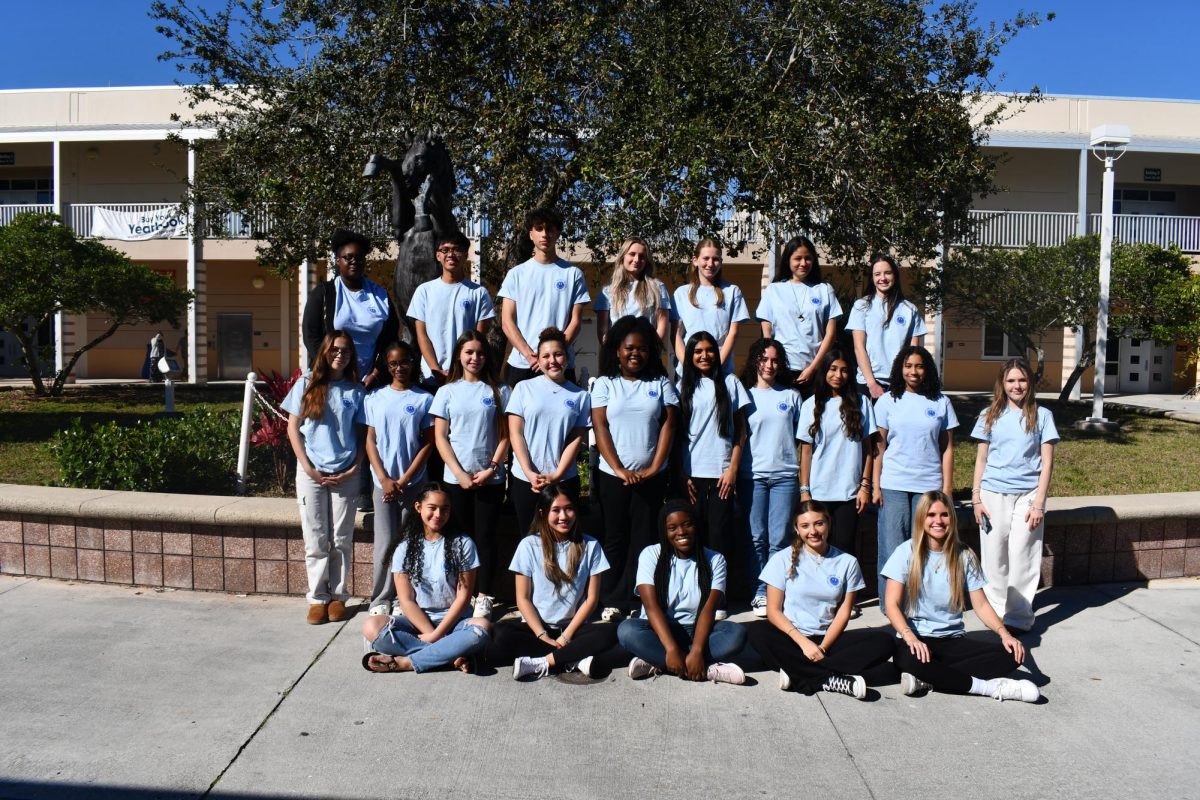Social media whistleblower reveals Facebook’s dark secrets
December 14, 2021
In an interview on 60 Minutes, former Facebook executive Frances Haugen revealed the dark secrets behind Mark Zuckerberg’s trillion dollar empire. The interview left many parents questioning their child’s use of the popular website.
Launched on February 4, 2004, Facebook has become a household name now with close to 3 billion users worldwide. Under Mark Zuckerberg, the CEO of Facebook, the company now also owns Instagram, WhatsApp, and Oculus. As a result of these multiple ventures, Zuckerberg changed the parent name to Meta. Now worth over $150 billion, the international tech giant has been the center of many controversies over the past few years.
In the CBS interview with Scott Pelley, Haugen, frustrated by Facebook’s focus on growth and revenue instead of its users, revealed some of the company’s dangerous practices which came out as a result of their own research. This information was kept from the public until Haugen showed them to a journalist for the Wall Street Journal. The research showed how Facebook created an algorithm to promote dangerous content for engagement and create a harmful environment for teenagers using Instagram. The internal study also showed “that 13.5 percent of teenage girls claim that Instagram makes thoughts of suicide worse and 17 percent of girls say Instagram makes eating disorders worse.” Much of the information was released during Haugen’s testimony in front of Congress.
The algorithm is set up so that if an Instagram user is looking at a post that makes them angry or feel bad about themselves, they might linger over the post for a few minutes and interact with it by commenting, liking it, or sharing the post. These actions are then interpreted to mean that this type of post interests you, setting off a chain reaction to send you more of the same type of posts.
Tori Avella, a senior, agrees with the study’s findings. Avella follows such celebrities as Harry Styles, One Direction, Taylor Swift, Haim Band, Selena Gomez and all of the Kardashians.
“I just think they are portraying a standard of life that is not realistic,” Avella said. “[Following these celebrities] makes me feel like I got dealt the wrong cards. I just feel like I’m not as lucky.”
Avella went on to say that she also follows some influencers that “show a more natural side of life like Charli D’Amelio and Emma Chamberlain. They didn’t change when they got famous and post average things like them doing dishes. No filters.”
For example, Kim Kardashian has over 230 million Instagram followers. Her posts often include her posing in designer outfits with her million dollar mansion as the backdrop. The Kardashians often come under fire for posting Photoshopped images of themselves as well. A young girl might see this and become upset that she doesn’t look like these women. If she reacts in any way towards the post, more posts like this will show up in her feed entangling her in a web of photos and posts that damage her self-esteem.
“And what’s super tragic is Facebook’s own research says as these young women begin to consume this eating disorder content, they get more and more depressed and it actually makes them use the app more and so they end up in this feedback cycle where they hate their bodies more and more,” Haugen explained in the 60 minutes interview.
“Facebook’s own research says it is not just that Instagram is dangerous for teenagers, that it harms teenagers, it’s that it is distinctly worse than other forms of social media.”
Many other studies have shown that Facebook and Instagram are unhealthy for the mind of a developing teenager. Studies from the Pew Research Center have shown that 45 percent of teenagers are overwhelmed by drama and 43 percent felt pressure on what they post to social media, and a study from the Royal Society for Public Health published a 2017 survey of 1,479 young people between the ages of 14 and 24 and found that Instagram had the worst reputation and biggest negative impact among the said age group.
Collin Reed, a senior at Palm Beach Central High School, started using social media at the age of 11 and currently spends around five hours a day on it.
“I usually get self conscious when I look at people on Instagram or TikTok,” Reed explained.
The issue of promoting unhealthy beauty standards is not Facebook’s only major controversy though. Facebook has also been accused of not taking the proper measures to delete hateful, misleading, or dangerous content, but in fact promoting it in the algorithm for engagement. Facebook’s internal research states that their estimates show they take down as little as 3-5 percent of all hateful content and ~0.6 percent of violent and inflammatory content.
Facebook has also come under question for their role in the January 6 uprising in Washington. It is widely believed that the 2021 U.S Capitol riots were organized through Facebook accounts, riots which left 5 dead and 140 officers injured. Facebook also hosted and ignored the controversial posts of the conspiracy theories coming from QAnon. According to the leaked reports, Facebook failed to react to the postings leading up to the January 6 attack.
Haugen hopes that now that the research study has been made public, Congress will take action to curb Meta’s control.



